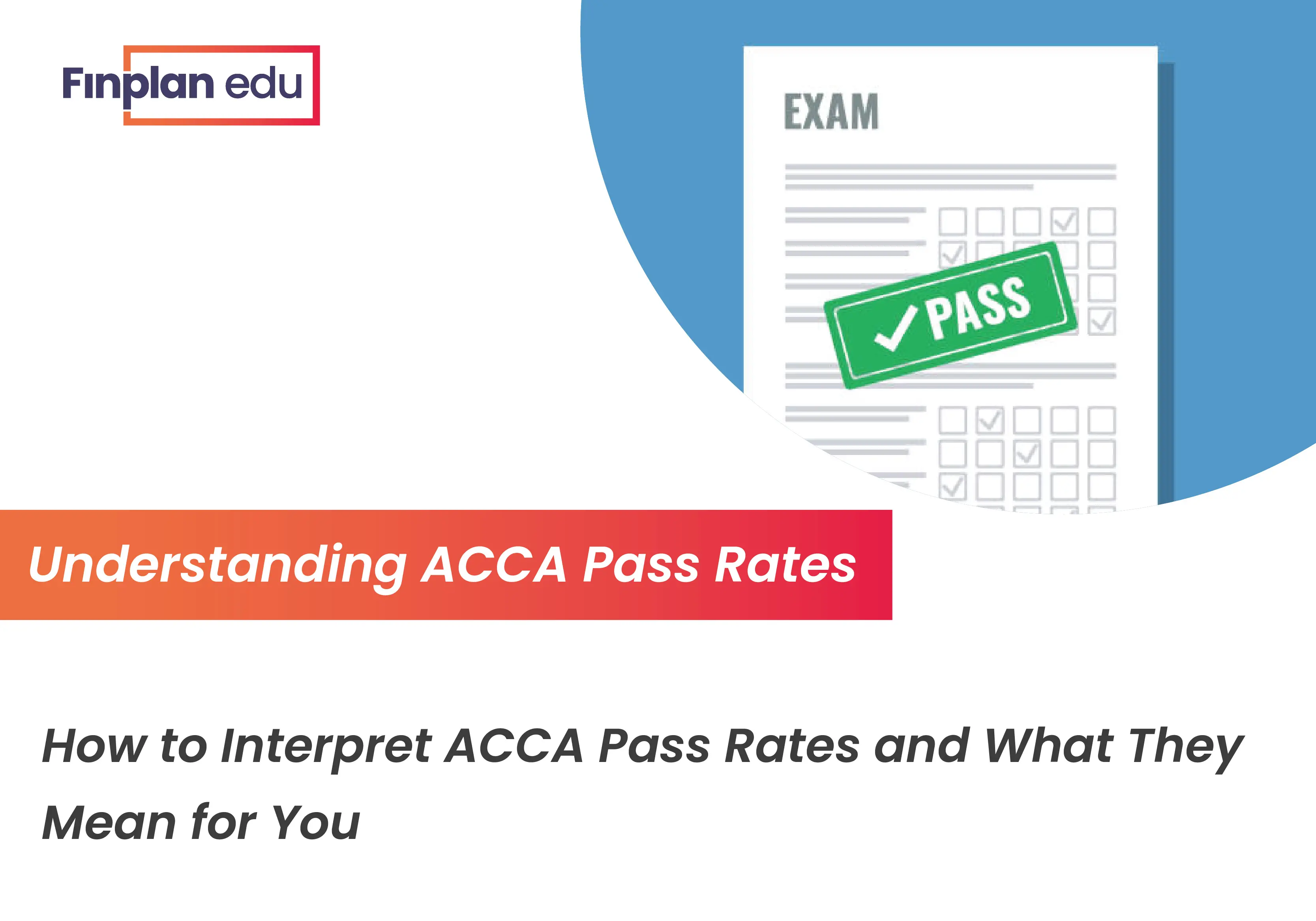To ensure success in the CFA examination, it is important for students to have a profound understanding of the exam pattern for each level.
Let us take a look at examination patterns for each level:
Level 1
- The level 1 exam has two sessions, each lasting three hours, both conducted on the same day with a two-hour break in between.
- The exam covers all ten topics from the syllabus, with each topic having equal representation.
- The question paper comprises 240 multiple-choice questions (MCQs), with 120 MCQs in each session. The questions are further divided based on subjects.
- There is no presence of any negative marking scheme.
Level 2
- The level 2 exam is divided into two three-hour sessions.
- It includes 21 case studies, with ten and eleven item-set questions in each case study, distributed across the respective sections.
- Out of the 120 questions, 18 are case studies that appear six times, and three case studies appear four times.
- The case studies can span one to two pages and may include diagrams and tables.
Level 3
- The level 3 exam also consists of two three-hour sessions.
- The first session may have 8-12 essay questions, some of which may have sub-parts.
- The second session includes 11 case studies, with eight case studies appearing six times and three case studies appearing four times.
- The essay questions typically have multiple parts.
- Case studies can range from one to two and a half pages and may include diagrams and tables.
Here is the Examination pattern for CFA presented in table form:
| Examination Pattern for CFA |
| Level 1 |
| - Two sessions, each lasting three hours, conducted on the same day with a two-hour break in between |
| - Covers all ten topics from the syllabus with equal representation |
| - 240 multiple-choice questions (MCQs) |
| - No negative marking scheme |
| Level 2 |
| - Two three-hour sessions |
| - 21 case studies with item-set questions distributed across sections |
| - 120 questions, including case studies that appear multiple times |
| - Case studies may include diagrams and tables |
| Level 3 |
| - Two three-hour sessions |
| - First session: 8-12 essay questions with sub-parts |
| - Second session: 11 case studies with varying repetition |
| - Essay questions may have multiple parts |
| - Case studies may include diagrams and tables |
Also Read: ACCA vs CA Which is Better?






